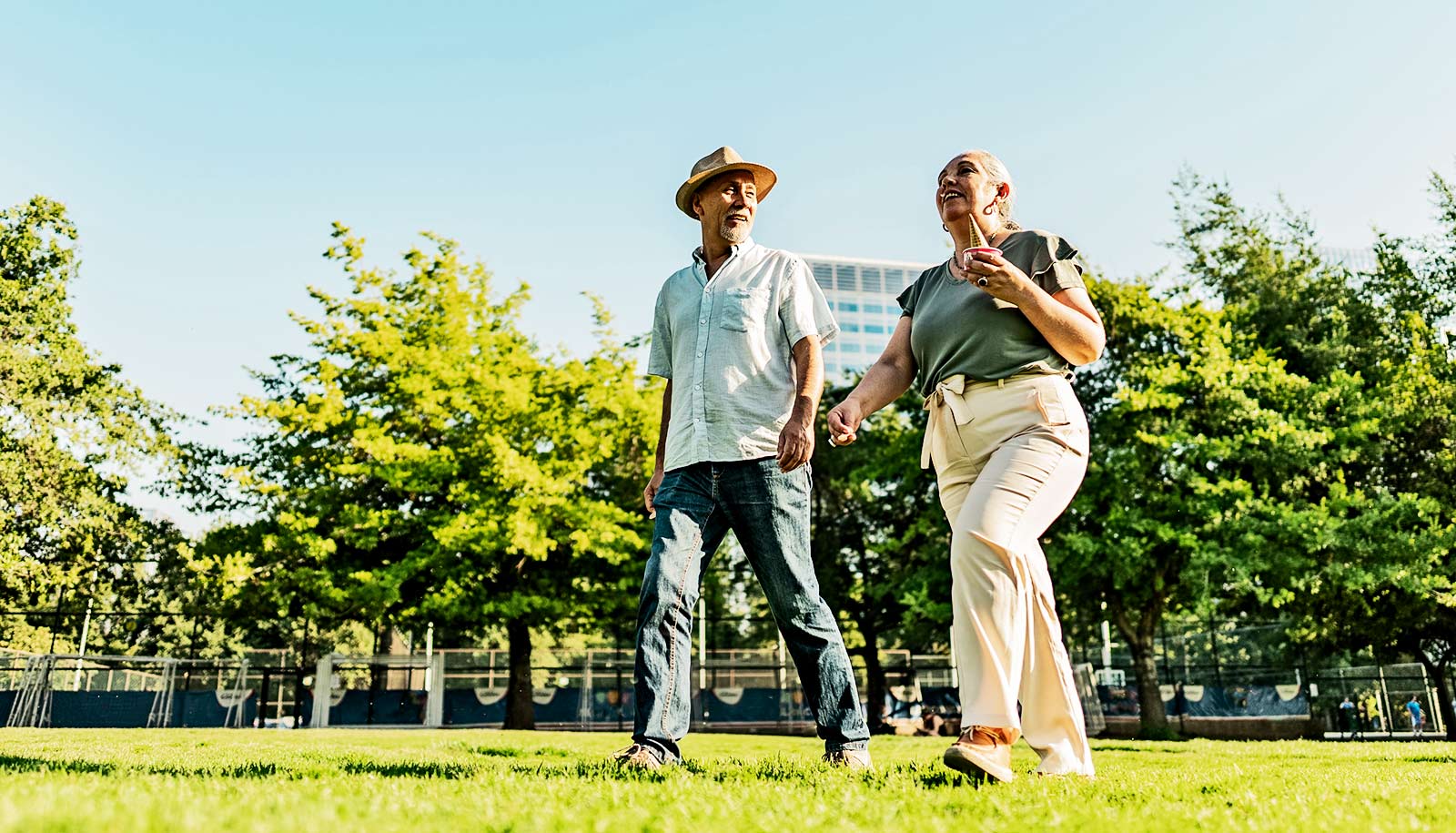Physical activity is widely recognized as an important aspect of a healthy lifestyle, but a new study has found an additional benefit—staving off cognitive decline.
Researchers at the University of Georgia College of Public Health analyzed data from more than 13,000 survey respondents and found that sustained physical activity can reduce the rate of cognitive decline for older adults.
This data shows the importance of maintaining consistent physical activity throughout life, says lead author Suhang Song.
“We found that longer and more frequent engagement in physical activity, was associated with delayed cognitive decline,” says Song, an assistant professor in the health policy and management department.
“These protective benefits grew over the length of the study.”
The researchers relied on data from the Health and Retirement Study, a nationally representative study that followed adults 50 years and over for 16 years.
Respondents reported how frequently they were physically active as well as their level of activity according to intensity. Vigorous activities included things like running and jogging. Gardening, dancing or stretching were classified as moderate activities while vacuuming, doing laundry and making home repairs were considered mild.
The study did not look at specific exercise time, but rather overall activity habits, and found that individuals who sustained regular physical activity throughout their lives experienced a significantly slower rate of cognitive decline.
For example, increasing vigorous physical activity from one to three times per month to once per week was linked to a measurable slowing of cognitive decline. Even increasing moderate physical activity from once per week to multiple times per week led to a slower rate of cognitive decline over time.
“The improvement of the decline rate may seem modest, but it builds up over time. If this slower decline continues, it could potentially delay the onset of dementia by many years, giving people more time to live independently and maintain quality of life,” Song says.
The findings build on existing research that links physical activity with cognitive health, but what sets this study apart is its focus on the duration and consistency of activity over time.
Promoting consistent physical activity may be a key component of any program aimed at reducing dementia risk in older adults, Song says.
Supporting building and maintaining long-term physical activity habits, through guidance from physicians and care providers, could help individuals adopt more sustainable routines by setting realistic, achievable goals, the researchers says.
Ultimately, Song’s message is simple: Move more and keep up activity.
“Our findings offer support in informing targeted interventions that support timely, consistent and long-term physical activity among older adults,” Song says. “From clinical practice and from the intervention side, continuous physical activity is an important proactive measure.”
Source: University of Georgia



